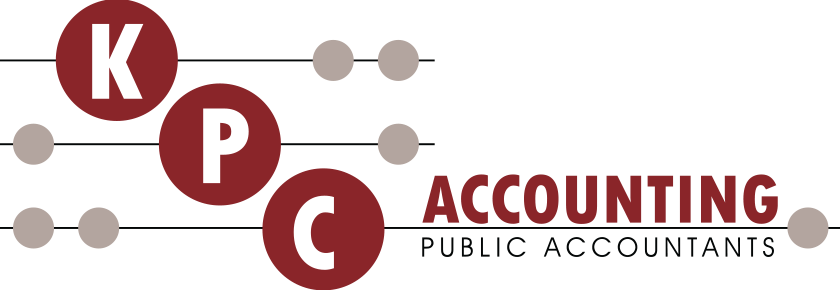Tax, SMEs set to be ‘political football’ in 2019 as election nears

With the Federal Budget due to be delivered a month early on 2 April 2019, Australians will likely be headed to the polls in May.
Speaking to Accountants Daily, RSM principal, Jarrad Turnbull believes SMEs will be thrust into the spotlight as political parties look to claim last minute votes
“The SME space will be a political football in the lead up to the election, predicted to be in May 2019, as all sides of politics attempt to gain voter support,” said Mr Turnbull.
“After the election, the challenge will be the make-up of the Senate cross bench and their views on business taxation as compared to the government.
“This will result in some uncertainty for SME’s as the government may need to negotiate with the crossbench to allow its legislative reforms to proceed.”
Over the last 12 months, SMEs saw an acceleration of already legislated tax cuts for business under $50 million, as well as changes to the definition of a base rate entity.
The accelerated tax cut plan will see those companies facing a tax rate of 26 per cent by 2020–21 before finally dropping down to 25 per cent in 2021–22.
From the 2017-18 income year, a 'bright line' test will determine eligibility for the lower company tax rate. Under the bright line test, companies that receive more than 80 per cent of their income in passive forms will not be eligible for the lower company tax rate of 27.5 per cent.
“Overall 2018 was a quiet year for tax in the SME space. There was a lot of talk about the small business space, but little in the way of change,” said Mr Turnbull.
“Many businesses are enjoying the increase in the threshold for small business concessions to $10 million, up from the previous $2 million. As well as companies with a turnover of up to $25 million appreciating the lower 27.5 per cent tax rate, which will increase to $50 million in the 2019 year.”
By Jotham Lian
28 December 2018
accountantsdaily.com.au





